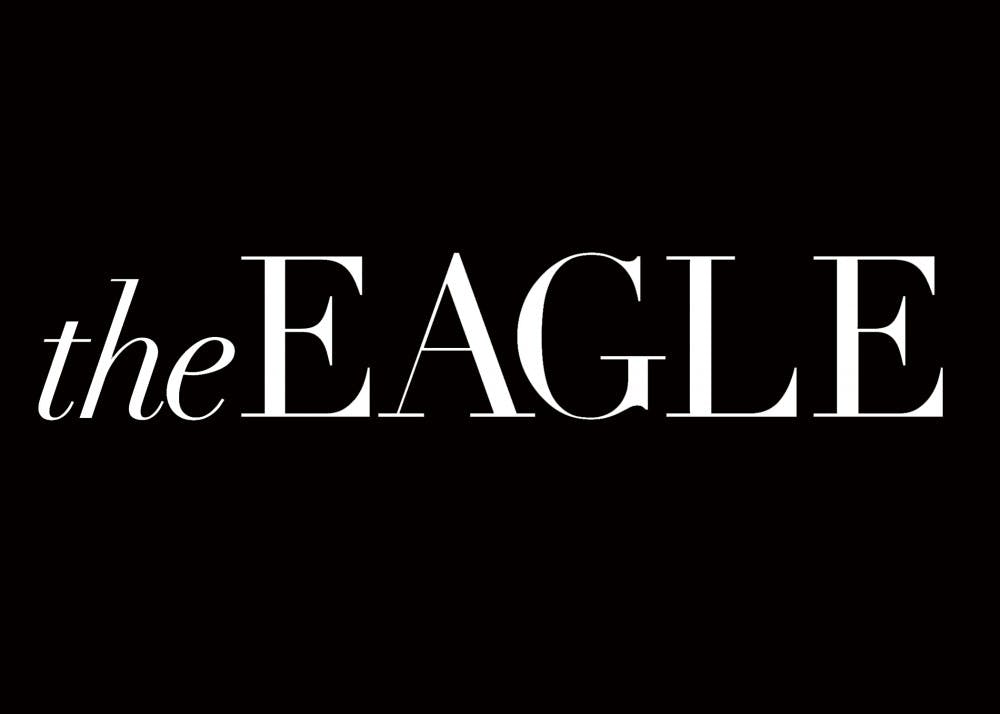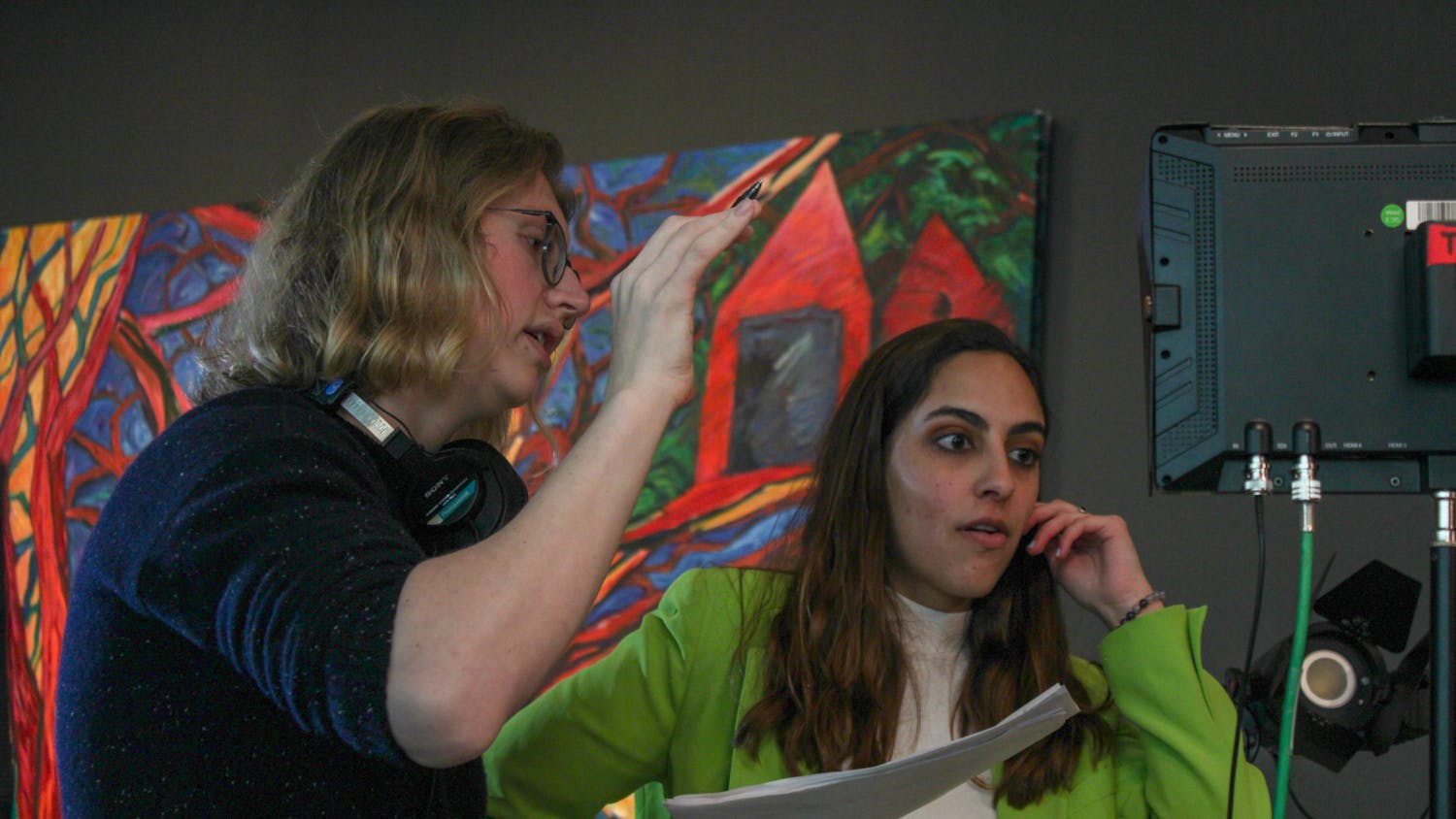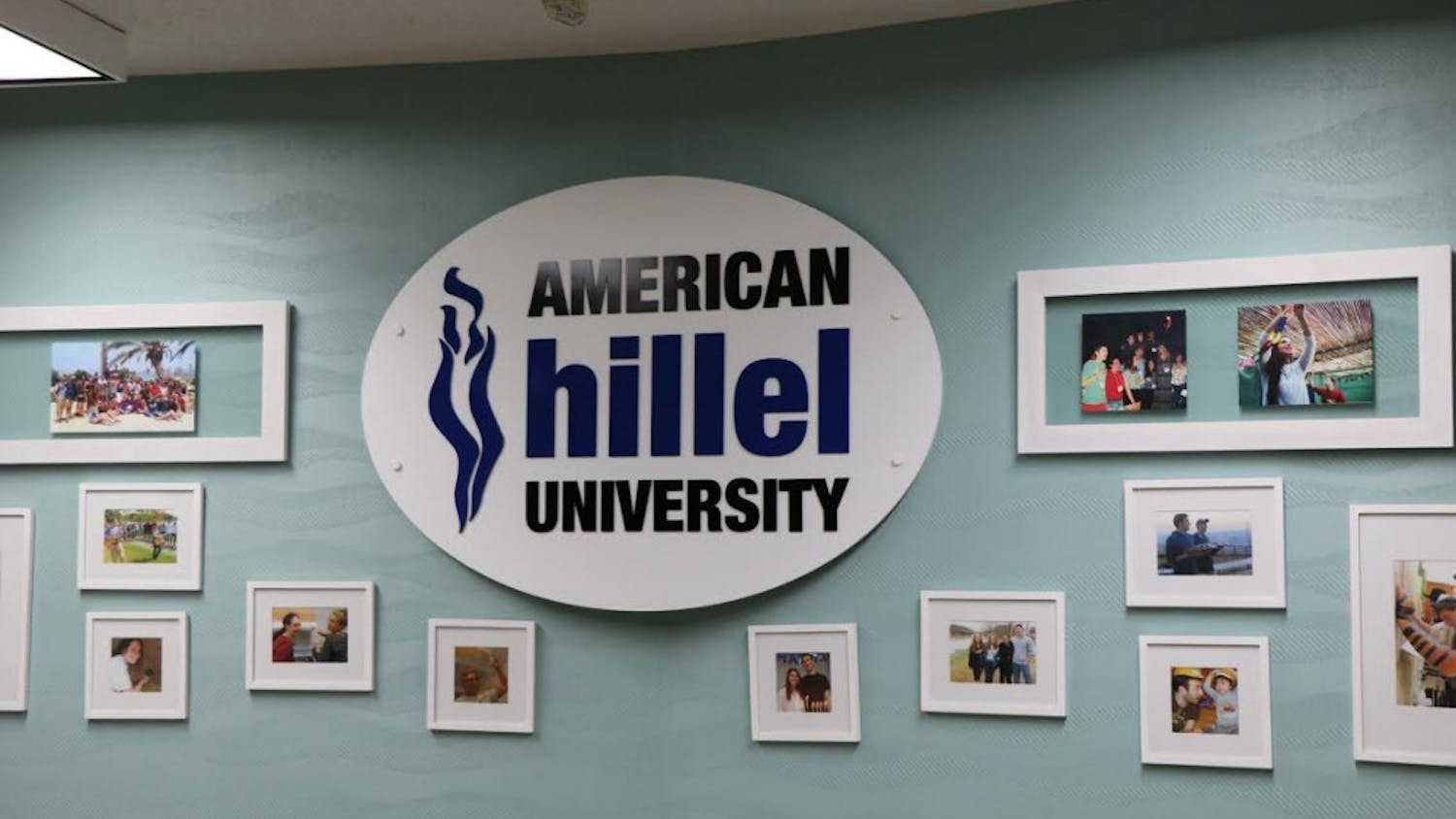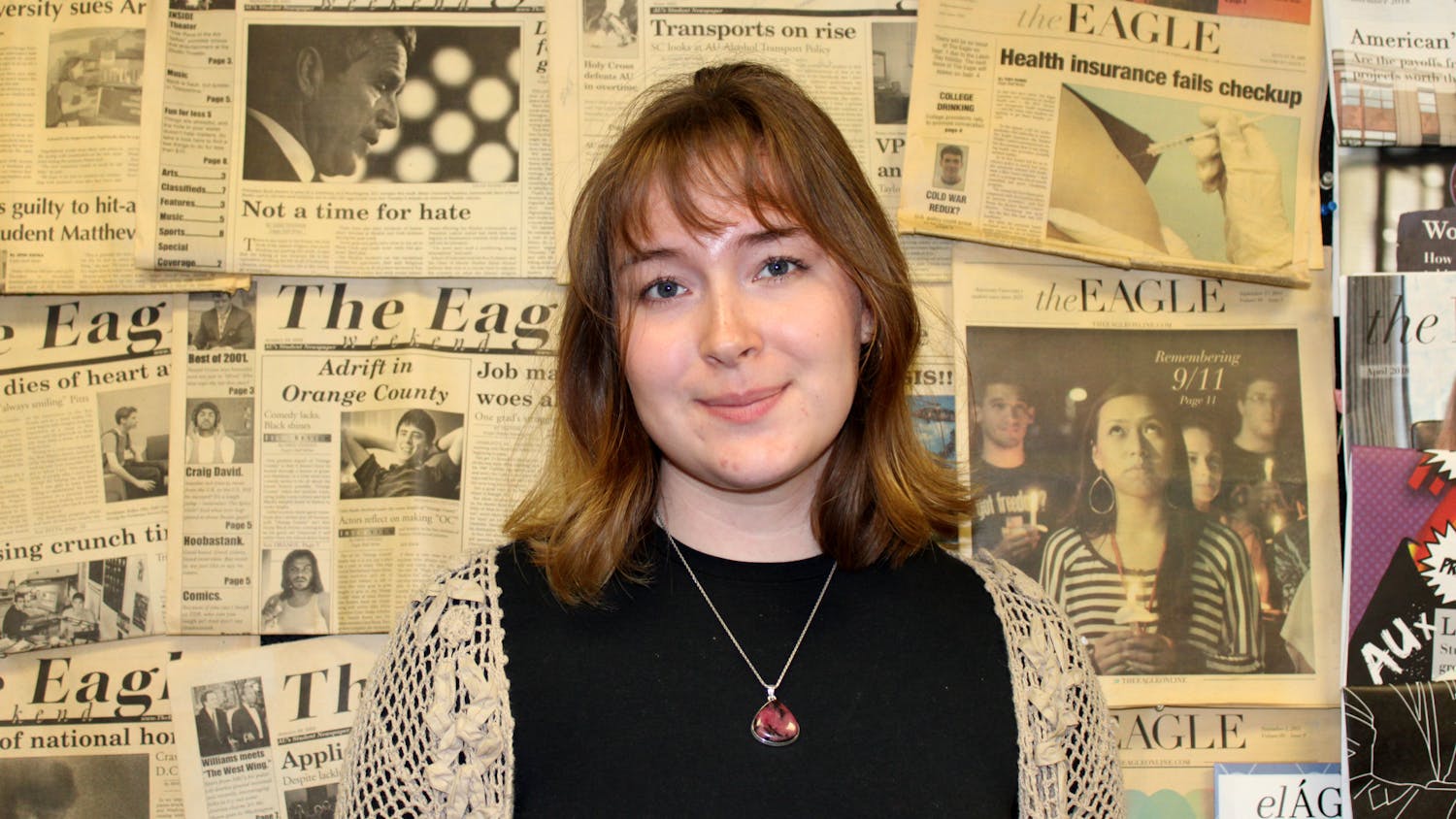For some students, life circumstances can dramatically alter their financial situation very quickly. Sometimes, they can even put the ability to afford an education in jeopardy.
When Max Durbin, a former AU student, came out to his parents as transgender in the fall of 2017, they cut off all financial support, including education costs. Despite completing the semester, Durbin was consequently unable to afford his education without the support of his parents.
These circumstances, apparently, were not “extenuating” enough for AU to re-evaluate Durbin’s financial aid or forgive his remaining $4,500 balance. Through Title IV, federal law prescribes very limited discretion for universities to make professional judgments based on extenuating circumstances. For this reason, AU claims it was unable to provide additional funding. While The Eagle understands the constraints federal law imposes upon AU’s decision-making, the University possesses and promotes alternative resources for this very purpose. One of these resources is the Kerwin Family Emergency Fund, created for circumstances exactly like Durbin’s.
Following former University President Neil Kerwin’s retirement, the University vowed to establish the Kerwin Family Emergency Financial Aid Fund. Per the University’s announcement of the fund, it is intended to support students “who undergo unexpected financial changes that may threaten their ability to graduate.”
Yet, the financial aid office did not direct Durbin to the fund, Durbin said, nor had he heard of it at the time he spoke to The Eagle. There is little known about the fund, and whether emergency scholarships are currently available to students who need them. If scholarships are currently available, resources such as this fund absolutely need to be made aware to students on their very first visit to the financial aid office.
When Durbin sought help from the financial aid office and the Center for Diversity and Inclusion, he said the advice he received boiled down to three options: pay the balance, transfer schools or drop out. But without paying the balance, Durbin couldn’t access his transcripts, which meant he had no ability to transfer.
Though Durbin has been able to crowdfund the money necessary to pay off his balance due to the University, the episode is indicative of the struggles of students who suddenly find themselves unable to pay AU’s tuition during periods of extreme distress.
The Eagle staff is disappointed by the uninspired efforts on the part of the University to recognize Durbin’s abrupt and difficult circumstances. Especially at a school that welcomes a large LGBTQ community, Durbin’s situation demonstrates the need for the University to recognize this type of unexpected hardship.
Luckily for Durbin, a GoFundMe campaign has allowed him to move on and continue his education elsewhere. But in the future, hopefully the University will see to it that no student should ever have to do so in the first place.
The administration should be mindful of the precedent Durbin’s situation may set for other students who have yet to come out to their parents. Students should not fear for their education at the expense of being themselves, or vice versa — especially at a school with the resources to help.
This editorial has been edited to reflect the University's argument about the Durbin case.





